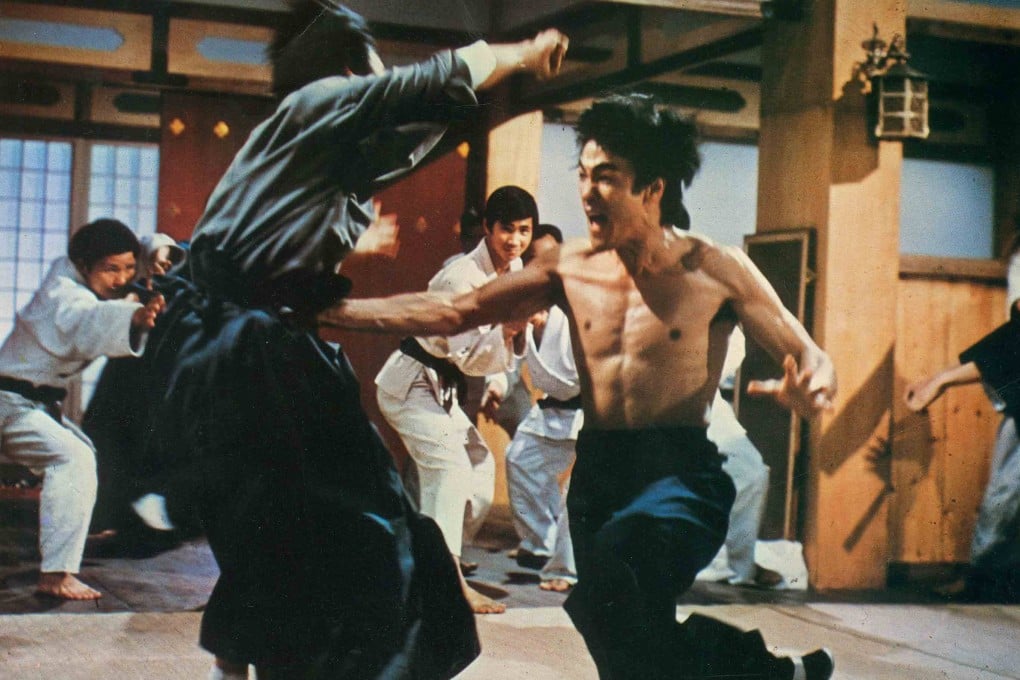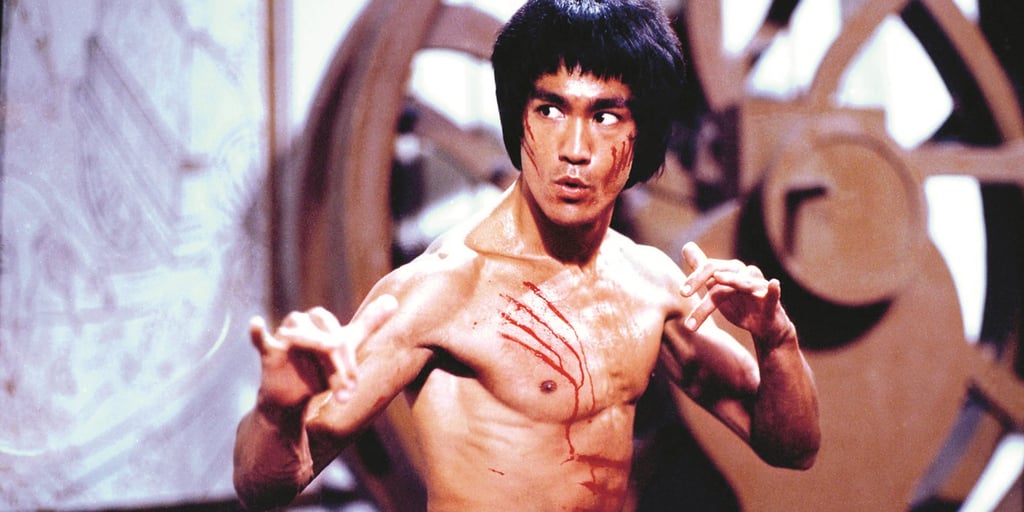Advertisement
Explainer | Chinese martial arts 101: Bruce Lee popularised them, but what defines them? 4 major types
- Bruce Lee took Chinese martial arts global in the 70s. We look at the origins and characteristics of 4 major types, from tai chi to Shaolin
Reading Time:4 minutes
Why you can trust SCMP
2

From ancient Shaolin techniques to iconic movie stars like Bruce Lee, delve into the history, philosophy and cinematic impact of kung fu with our martial arts series.
Advertisement
Wushu, literally meaning “martial arts”, refers to forms of fighting that can be traced back around 4,000 years, to a time when China was gripped by clan wars.
It was not until the 1970s, however, that Chinese martial arts became a global pop-culture phenomenon, when the 1973 Hong Kong cinema classic Enter the Dragon, starring Bruce Lee, achieved unprecedented success, grossing more than US$400 million worldwide.
The film also marked the beginning of what is known as the “kung fu craze”, which lasted for around a decade.
In Chinese, the term kung fu refers to any skill that can be learned through hard work and practice. However, it became widely used outside China – particularly in Hollywood – to refer to Chinese martial arts after Lee burst onto the scene (in the West, they had been referred to as “Chinese boxing” until then).

Although kung fu is by far the most popular term, official Chinese martial arts competitions continue to use wushu. The World Wushu Championships, hosted by the International Wushu Federation, is one example.
Advertisement

Advertisement